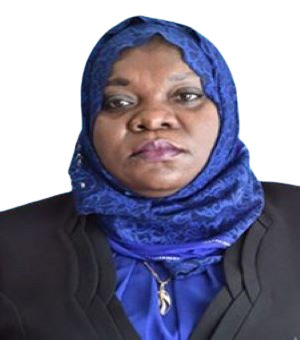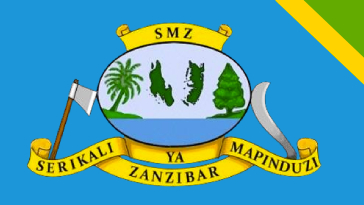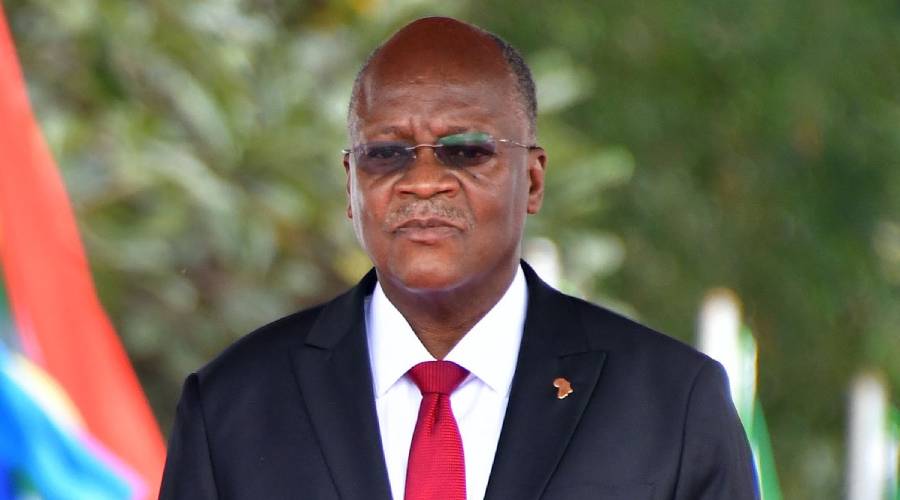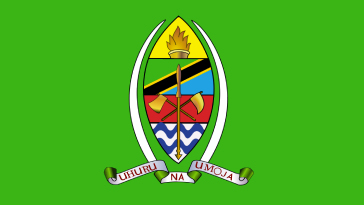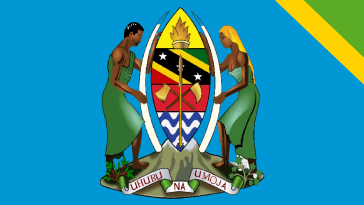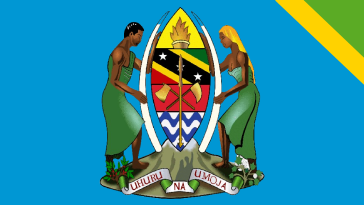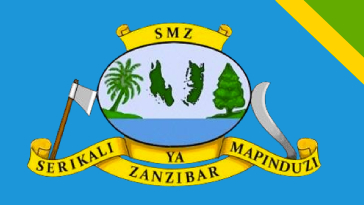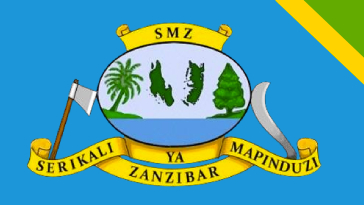Arab Rule in Zanzibar
Since Zanzibar was ruled by various foreign powers, including the Portuguese, Arabs, and British, its parliamentary history was influenced by their governance structures. During Arab rule (1832–1920), Zanzibar had a parliamentary system based on Majlis al Shura, which enacted laws under the supreme authority of the Sultan.
The Protection Agreement signed between Britain and the Sultan of Zanzibar on June 14, 1890, marked a significant change, placing Zanzibar under British protection. This transition shifted Zanzibar’s governance from Arab control to British rule, setting the foundation for constitutional development. In 1891, a constitutional government was introduced, with General Sir Lloyd Mathews serving as Zanzibar’s first British Prime Minister.
British Colonial Rule in Zanzibar
On July 1, 1913, Zanzibar’s legislative system transitioned from the British Foreign Office to the Colonial Office. This reform abolished the positions of Prime Minister and High Commissioner, replacing them with the Resident British Administrator—a change that weakened Sultan Seyyid Khalifa bin Haroub’s authority.
Due to the Sultan’s protests, Zanzibar’s parliamentary structure changed again with the Council of Protection (Baraza la Ulinzi) established under Decree No. 6 of 1914. The Sultan served as Council President, while the British Administrator acted as Vice President (similar to today’s Deputy Speaker). The Council included six additional members, three official members (Attorney General, Chief Accountant, Head of Government Affairs) and three non-official members (an Arab, an Asian, and a European) appointed by the Sultan.
In 1926, the Legislative Council (LEGCO) and Executive Council (EXCO) were introduced under Decree No. 1 of 1926:
-
1. EXCO handled administrative governance, led by British officials with the Sultan as Head of Council.
-
2. LEGCO was responsible for lawmaking, presided over by the British Resident, but all passed legislation required the Sultan’s approval.
LEGCO initially had 12 members, including government officials and appointed representatives, but Africans were excluded. The first African representative, Sheikh Ameir Tajo, was appointed in 1946, followed by Sheikh Ali Shariff in 1947.
This triggered ethnic tensions, as other communities demanded representation, leading to an expanded LEGCO membership:
-
1. 4 African members
-
2. 4 Arab members
-
3. 3 Asian members
-
4. 1 European member
In 1956, a new parliamentary decree replaced the 1926 decree, reintroducing EXCO, LEGCO, and a Private Council. Elections were introduced in 1957, and voting eligibility was based on age, property ownership, and education.
Struggle for Independence and Its Impact
Between 1957 and 1963, as independence movements grew, ethnic-based groups transformed into political parties advocating for independence. Zanzibar’s first elections were held in 1957.
Following elections in January 1961, June 1962, and July 1963, Zanzibar’s new legislative system was established under Decree No. 10 of 1963, creating the National Assembly. For the first time, the Speaker and Deputy Speaker positions were formally introduced. However, this constitutional system lasted only one month before being abolished by the Zanzibar Revolution on January 12, 1964.
Post-Revolution Legislative Changes
After the 1964 Revolution, Zanzibar’s legislative system transitioned to the Revolutionary Council (Baraza la Mapinduzi), which served both legislative and executive functions for 16 years.
In 1980, the House of Representatives (Baraza la Wawakilishi) was inaugurated on January 14, 1980, following Zanzibar’s 1979 Constitution under Article 21.
Establishment of Zanzibar’s House of Representatives
In 1984, the 1979 Constitution was replaced by the current 1984 Zanzibar Constitution, which legally established the House of Representatives under Article 63. Additionally, Article 106 of the 1977 Tanzanian Constitution recognizes the Zanzibar House of Representatives as the legislative body for non-Union matters.
Vision
To ensure the House of Representatives is an effective democratic institution promoting development and well-being for the people of Zanzibar.
Objectives
To strengthen and uphold true parliamentary democracy in Zanzibar, empowering citizens to actively participate in governance and sustainable development through good governance principles.

